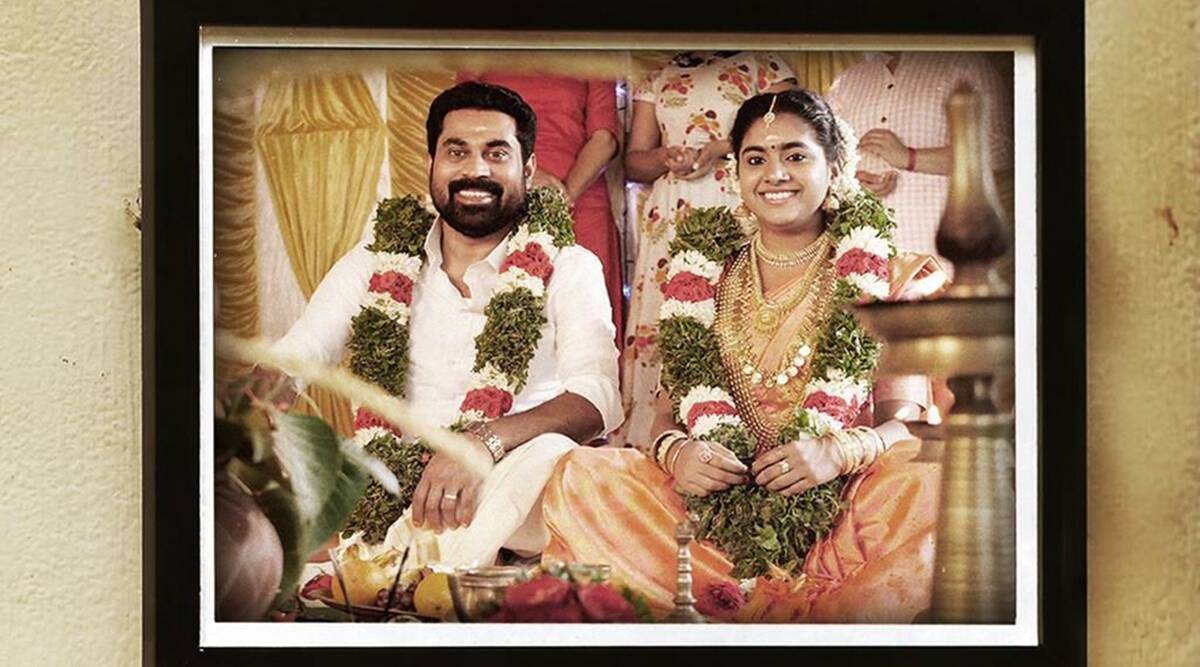The Great Indian Kitchen (2021) is a Malayalam film directed by Jeo Baby. It closely chronicles the life of a young woman since she gets married and how the marriage transforms, or restricts, her from an individual to merely a wife. It is a telling portrayal of the everyday life of millions of women in Indian households, with specific focus on the manner in which they toil day in and day out in the kitchen.
The film is set in Kerala, and the woman is married into an educated, prestigious, well to do Hindu family, but this is pretty much all the background that is available to the viewers. The choice to not name the characters is deliberate and definitely adds to the universality of the representation.
Since the very next day after the wedding ‘the wife’ (Nimisha Sajayan) is inducted into the household chores routine of the family alongside her mother-in-law. While the husband (Suraj Venjaramoodu) begins his day with yoga and the father-in-law does by lounging or reading the newspaper, the two women are busy preparing breakfast.
The men eat, as the women serve tiffin and watch over, and do not even pick up their dirty dishes leaving behind the dining table in quite the mess. The women then eat whatever is left of the food, clean up, and repeat the same for lunch and dinner.
It is when the mother-in-law takes off to look after her pregnant daughter that the entire workload falls on the wife. She has to cook, clean, sweep, mop, wash clothes (some manually because the father-in-law does not believe in washing machines). Some may find a lot of the scenes in the film repetitive, but it rightly serves the intention of emphasizing on the plight of women and the monotonous lives they lead.
Like the wife, many women are still not allowed to work or follow their passion, lest they earn a living and sustain themselves independently. However, the reason stated here is that the presence of a woman in a house is auspicious and that the work they do (read unpaid labour) is in no way lesser than that of say a bureaucrat or minister.
The film highlights the notion of impurity associated with menstruation and how women face several restrictions as a consequence. Some may argue that not all households still follow such stringent limitations, but it undeniably exists to some extent. It also briefly touches upon the Sabarimala controversy in this light.
This project has not yet received much attention from the national media and due appreciation among non-Malayali audiences. As director Bong Joon-ho put it, “once you overcome the one-inch tall barrier of subtitles, you will be introduced to so many more amazing films”. The Great Indian Kitchen is definitely one such film, and will be worth the effort put in to watch it.
The film released on 15th January and is available on Neestream, a global OTT platform that exclusively streams content in Malayalam.


